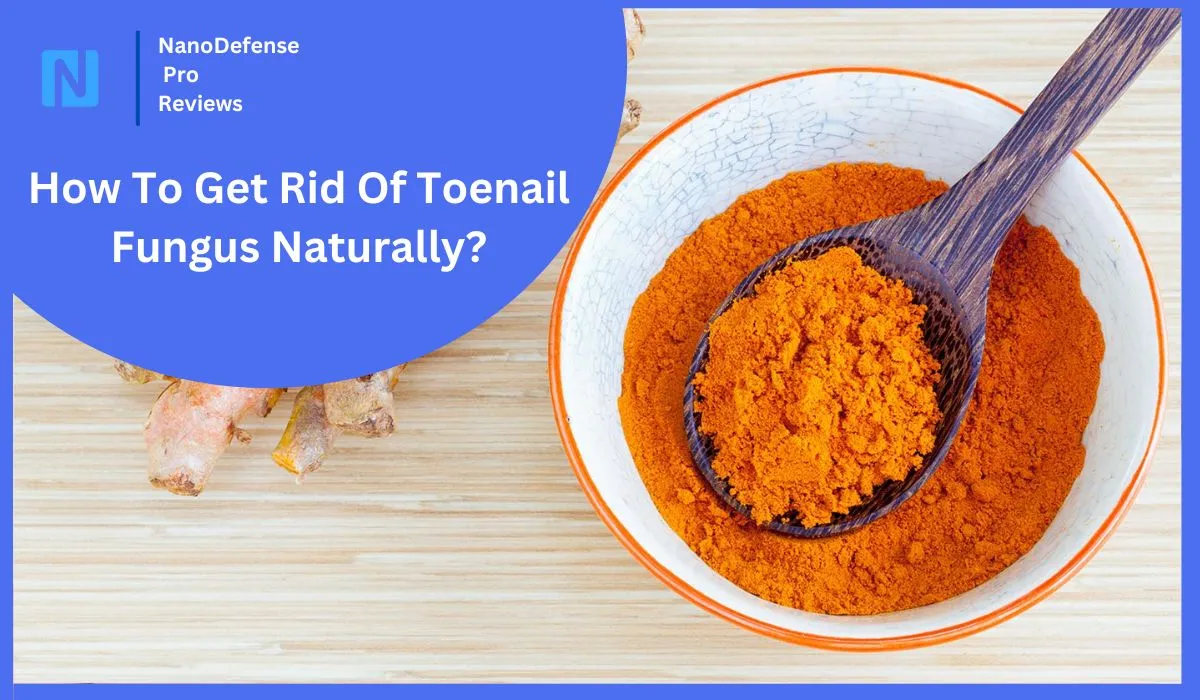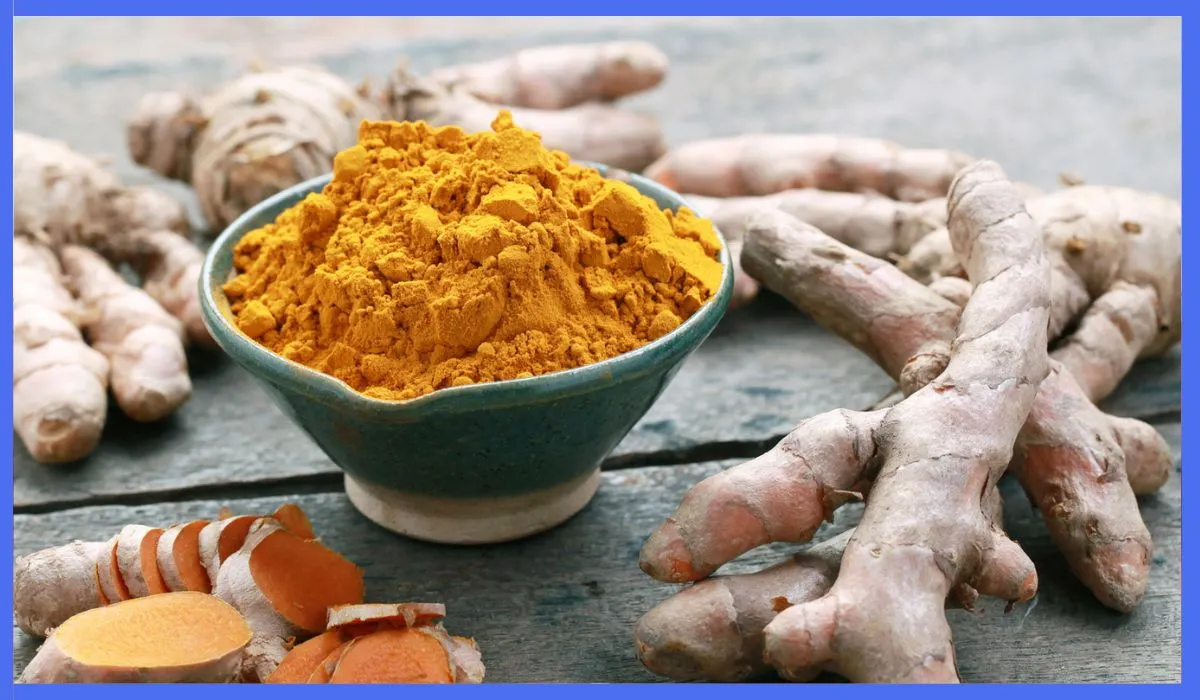Decoding The Differences: Is Curcumin The Same As Turmeric?
Curcumin and turmeric are two terms often used interchangeably, leading to confusion about whether they refer to the same thing. While they are closely related, there are significant differences between the two. In this article, we will delve into the nuances of curcumin and turmeric, uncovering their similarities, and differences, and the unique roles they…

Disclaimer: This article has been generated with the assistance of AI tools. While our research team has fact-checked the content, readers should independently verify information for accuracy and reliability.
Curcumin and turmeric are two terms often used interchangeably, leading to confusion about whether they refer to the same thing. While they are closely related, there are significant differences between the two. In this article, we will delve into the nuances of curcumin and turmeric, uncovering their similarities, and differences, and the unique roles they play in health and wellness.
Understanding Turmeric:
Turmeric, scientifically known as Curcuma longa, is a bright yellow-orange spice widely used in cooking, particularly in Indian cuisine. It belongs to the ginger family and is derived from the rhizome, or underground stem, of the turmeric plant. Turmeric has been used for centuries in traditional medicine systems such as Ayurveda and traditional Chinese medicine for its medicinal properties.

Exploring Curcumin:
It is a bioactive compound found in turmeric that is responsible for many of its health benefits. It is a type of polyphenol known as a curcuminoid and is the primary active ingredient in turmeric. Curcumin is what gives turmeric its vibrant color and distinctive flavor.
Differences Between Curcumin and Turmeric:
- Chemical Composition: Turmeric contains various compounds, but curcumin is the most well-known and studied component. While curcumin makes up only about 2-5% of turmeric by weight, it is the compound responsible for many of its therapeutic effects.
- Health Benefits: Curcumin is celebrated for its numerous health benefits, including its powerful anti-inflammatory, antioxidant, and potential anti-cancer properties. Turmeric, on the other hand, contains other beneficial compounds in addition to curcumin, such as turmerones and gingerols, which may also contribute to its health-promoting effects.
- Bioavailability: One challenge with curcumin is its poor bioavailability, meaning that it is not easily absorbed and utilized by the body when consumed orally. To enhance absorption, curcumin supplements like NanoDefense Pro, often include ingredients like black pepper extract (piperine) or phospholipids to improve bioavailability.
How to Incorporate These Into Your Diet:
- Turmeric Powder: Adding turmeric powder to your meals is a simple and flavorful way to incorporate this spice into your diet. It can be used in curries, soups, stir-fries, smoothies, and even beverages like golden milk.
- Curcumin Supplements: Curcumin supplements are available in capsule or liquid form and can be taken as a convenient way to reap the potential health benefits of this compound. When choosing a curcumin supplement, opt for products that contain bioavailability-enhancing ingredients for better absorption.
Conclusion:
While curcumin and turmeric are related, they are not the same. Turmeric is a spice derived from the turmeric plant, while curcumin is a specific compound found within turmeric that is responsible for many of its health benefits. Incorporating both into your diet and wellness routine can offer a multitude of health benefits, from reducing inflammation and oxidative stress to supporting overall well-being. Whether enjoyed as a spice in cooking or taken as a supplement, curcumin and turmeric have earned their place as valuable additions to a healthy lifestyle.

Lisa Miller
Dr. Lisa Miller is a board-certified Dermatologist with over 15 years of experience treating a wide range of skin, hair, and nail conditions. She received her medical degree from the prestigious Columbia University College of Physicians and Surgeons and completed her dermatology residency at the University of California, San Francisco, one of the top dermatology training programs in the country. Dr. Miller is an active member of the American Academy of Dermatology and has authored numerous peer-reviewed articles and book chapters on the latest advancements in dermatological care. She is frequently invited to speak at national and international medical conferences, sharing her expertise with other clinicians. In her private practice, Dr. Miller takes a patient-centered approach, collaborating closely with each individual to develop customized treatment plans. She is passionate about empowering her patients to achieve optimal skin, hair, and nail health through a combination of the latest medical therapies and lifestyle recommendations.
